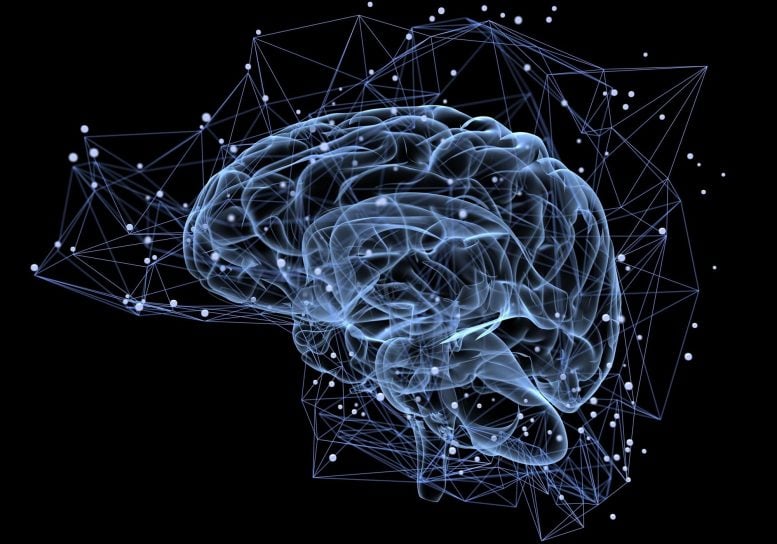
Inhibitory brain stimulation allows better memorization by reducing the power of beta-waves in the brain.
Memories of past events and experiences are what define us as who we are, and yet the ability to form these episodic memories declines with age, certain dementias, and brain injury. However, a study publishing in the open access journal PLOS Biology on September 28th by Mircea van der Plas and Simon Hanslmayr from the DOI: 10.1371/journal.pbio.3001363
Note: This article have been indexed to our site. We do not claim ownership or copyright of any of the content above. To see the article at original source Click Here












